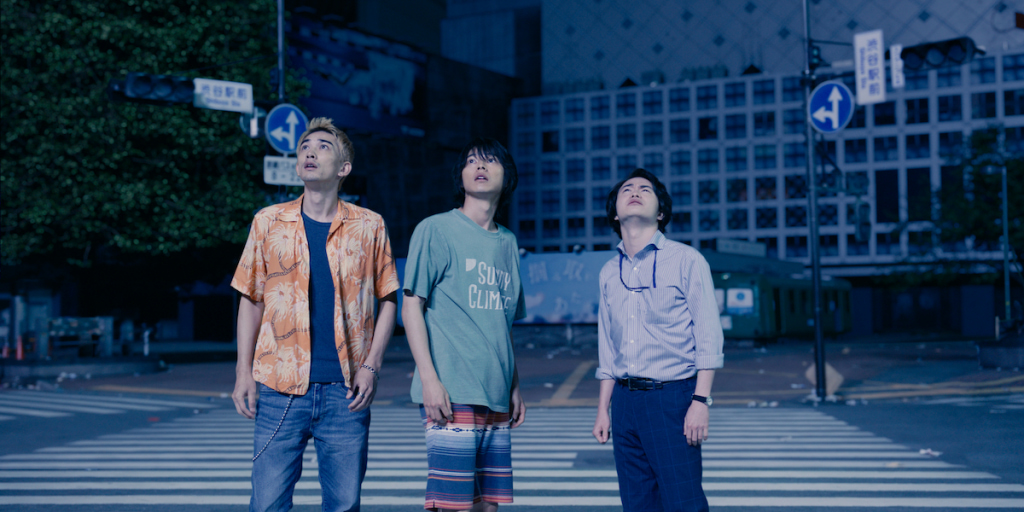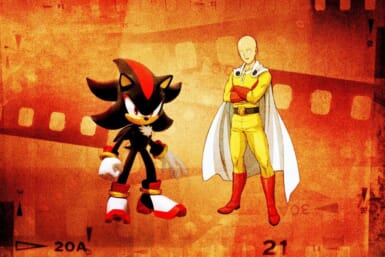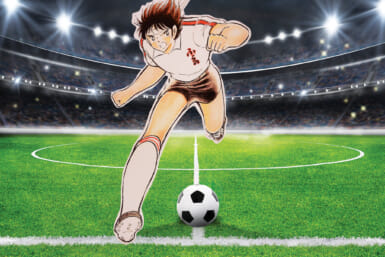Back in June last year, popular dystopian series Black Mirror ran a campaign in Madrid with the text “6th Season. Live now, everywhere.” It was a bleak reminder of how much life was now imitating art. Apocalyptic stories are hitting differently this year, as the world falls further into turmoil due to a global pandemic. And it’s been hard enough for all of us as it is, struggling with professional and financial security, let alone feelings of helplessness, anguish and despair over the loss of friends and loved ones. Which is why, recommending Alice in Borderland, a manga-turned-anime launched by Netflix last December, might seem like an odd masochistic choice, but trust me when I tell you that this is the story that 2020 needed.
A post-apocalyptic Tokyo
Alice in Borderland tells the tale of three high school delinquents who are demotivated, unappreciated by family and peers, and lead unfulfilling lives. Arisu (the eponymous “Alice”) wishes for another world to live in, and during a fireworks demonstration, the three are transported into a post-apocalyptic Tokyo where humans are players who participate in sadistic, psychological games to survive. Successful clearance of a game grants them a ‘visa’ allowing them to continue living in the “Borderlands” until the said visa runs out (by which they die) or joining and winning another game that will grant them a time extension.
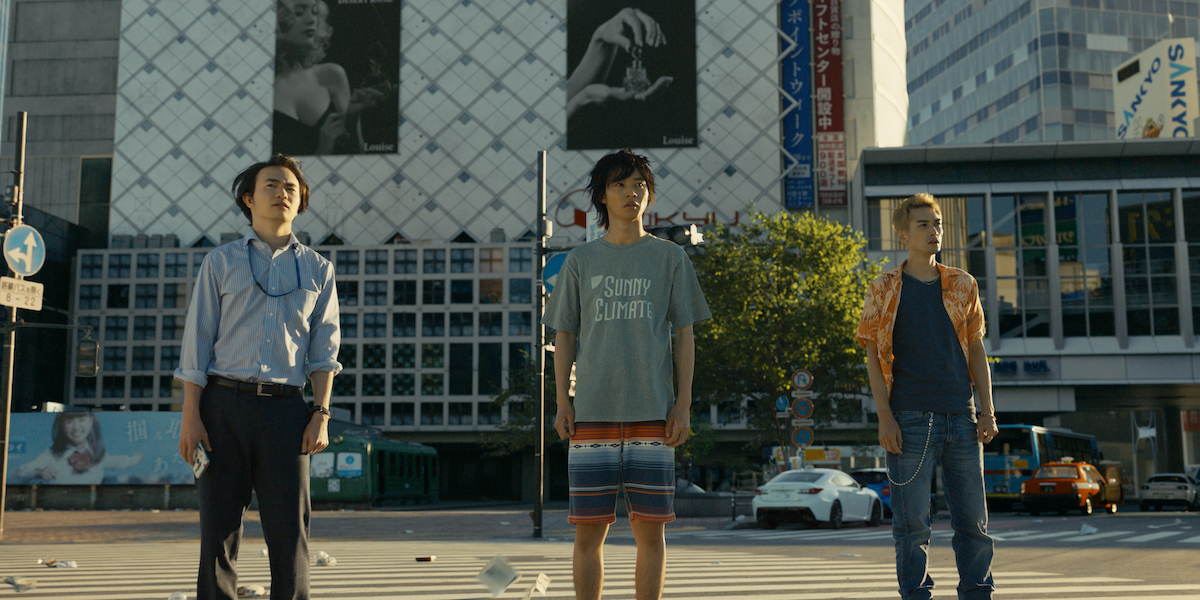
© Haro Aso,Shogakukan / ROBOT
The Netflix series’ first season (Season 2 was recently announced too) runs for eight episodes which roughly takes you to about Chapter 28 in the manga. Like most live adaptations, plot lines are truncated in parts and hastened in others in ways that were unintended with the original story, which is why I strongly recommend starting or continuing your journey through the Borderlands with the manga. The manga allows you to dive deeper into a complete cast of characters and their development and experience the full breadth of game mechanics.
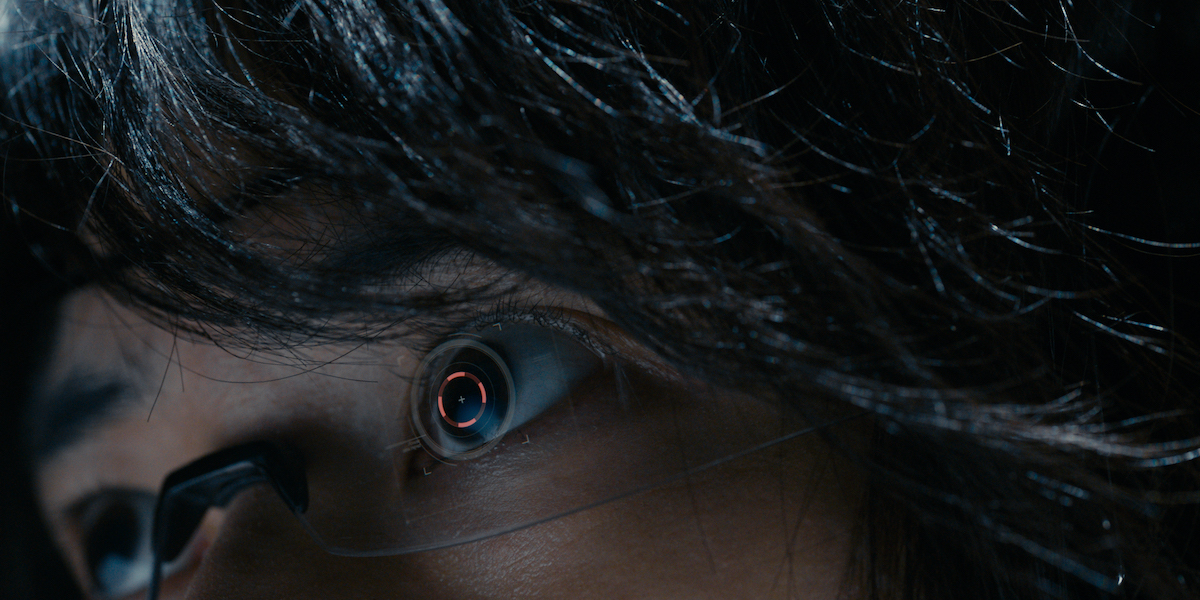
© Haro Aso,Shogakukan / ROBOT
2020 might not have gotten us to a state where we’re all constantly in death matches, but the parallels of suffering and pain outside of our control with mysterious overlords governing our fate were evident. And it’s through this trauma that many of us have been forced to grow up.
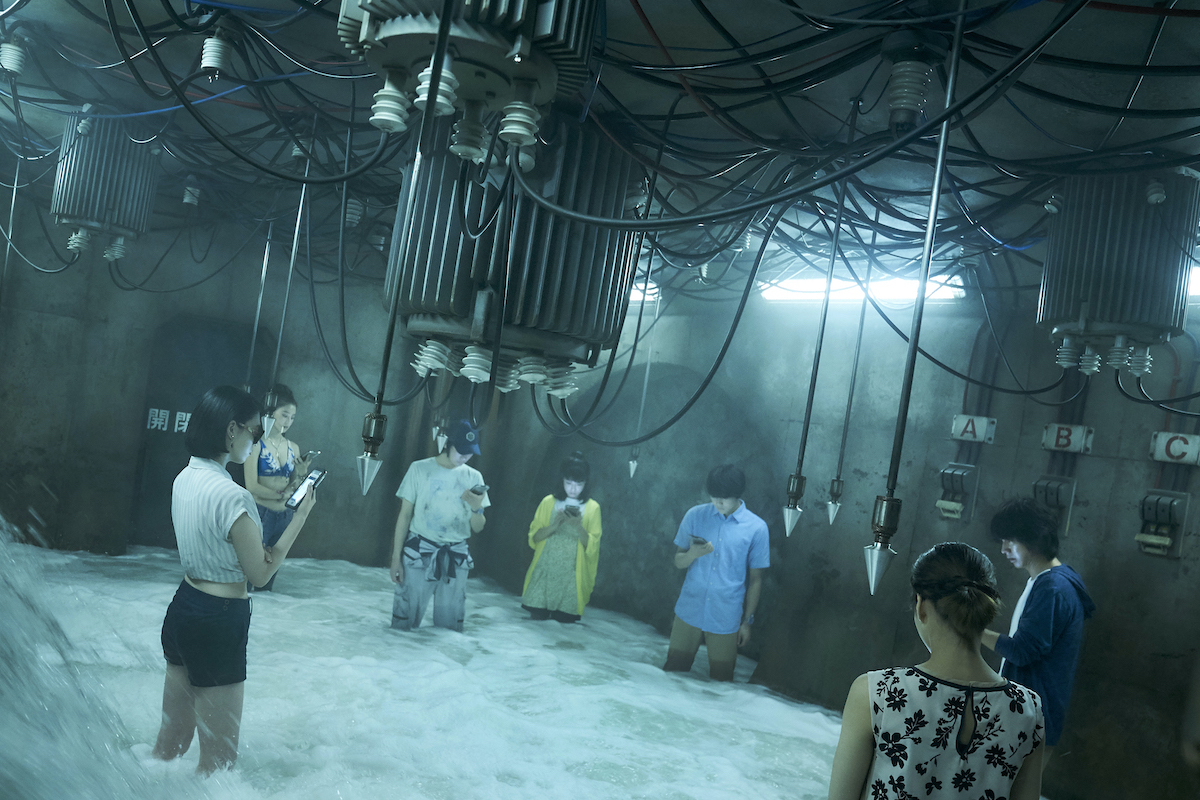
© Haro Aso,Shogakukan / ROBOT
In Alice in Borderland, a strong coming of age theme is also prevalent, where the boys who have come from living carefree lives are now having to make life-altering choices at every corner. The scenes are painful and sobering. Within the TV series, the first game they participate in sees them having to make split decisions about which path to the exit to take, whereby an incorrect pick sends a player into a room to be burned alive. In the manga, the game is quite different in form, but the manga author, Haro Aso’s masterful art conveys the same sense of despair and dread as the players falter under the heaviness of each choice and its consequences.
On human bonds and the lack of them
Personally, 2020 really challenged my relationships, some of which have been for the better and resulted in stronger bonds, while others have led me wondering why I even bothered in the first place. Earlier in the year, when Japan was under its first state of emergency, a wise then-colleague told me that you see people for who they really are during these tenuous times. While each game in Alice in Borderland (they are categorized by the four suites from a deck of playing cards) echoes this, none does so more than the Heart games, which are revered as highly manipulative for triggering players into internal strife and betrayal.
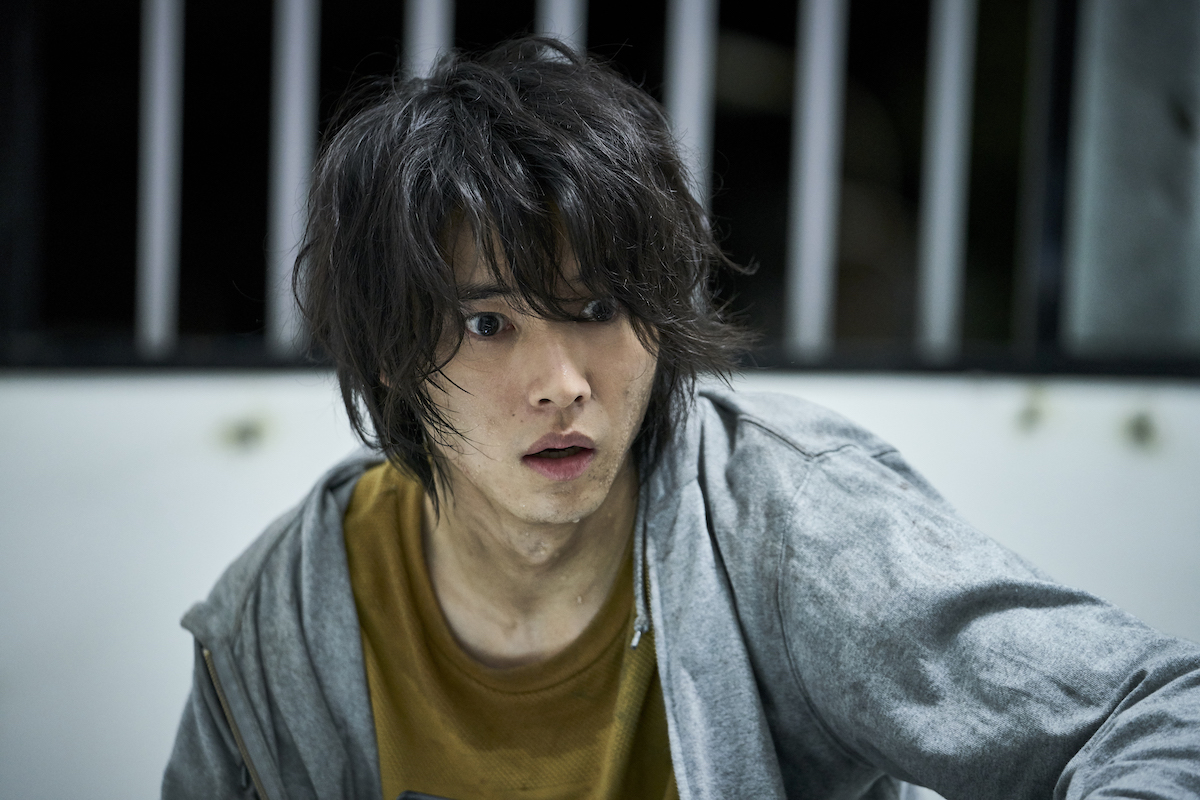
© Haro Aso,Shogakukan / ROBOT
The Seven of Hearts quest featured Arisu and his friends essentially playing a game of tag, where only the one person tagged ‘it’ stands to survive the round. It’s both fascinating and incredibly stressful to witness how they interact with each other as the headsets they wear allow them to see and hear what each of them is saying. They gradually begin to realize, however, that a life in exchange for a friend’s (or a life without that friend), isn’t a life worth living. This then brings to the fore, how much do you value friendship and would you be willing to risk your life against it?

© Haro Aso,Shogakukan / ROBOT
After Arisu’s best friends’ death, the remainder of the storyline fixates around his burning desire for the truth. The more people around him die and the more he has to participate in games that inevitably lead to others’ death, the more he questions the purpose of the games. Yet his overarching question of “why” isn’t so much, “why do we die,” but rather, “why do we live?” In the manga, as he progresses through the Borderlands, Arisu meets more of the actual inhabitants of the land, questions them in this way and is consistently met with the response, “The games just are, there is no greater meaning than that.”
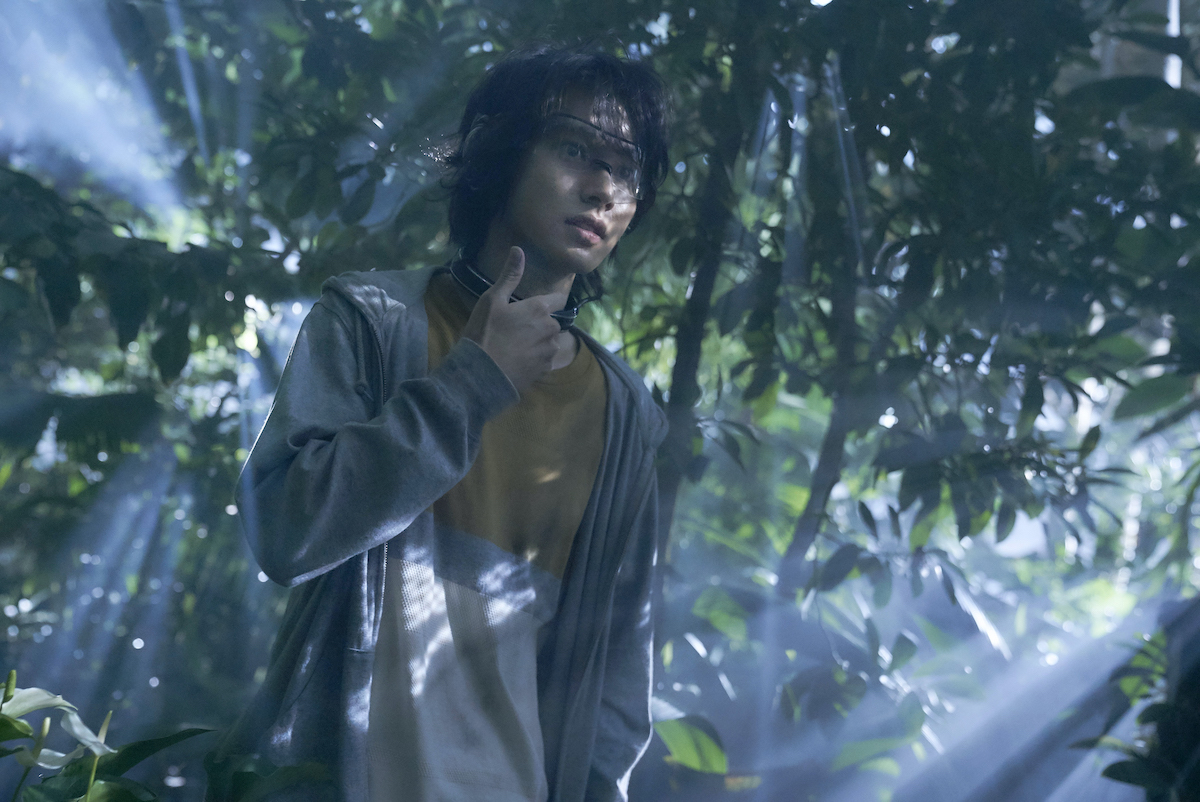
Kento Yamazaki. © Haro Aso,Shogakukan / ROBOT
In Arisu’s last game, he is made to play three croquet matches against the Queen of Hearts, where she drugs him and brainwashes him to the point of losing the will to live. The turning point occurs when Arisu listens to his inner voice, confirming that deep down, he truly doesn’t care about discovering life’s purpose but rather it is a series of moments shared with those he cares about that makes his life fulfilling. Cognisant readers will also realize here that moments throughout the series hint to this being in Arisu’s subconscious, such as when he expresses interest in learning how to hunt by rationalizing that he may never have this chance, and also during the times where he savors the incredible panoramic views of the city. This indicates that even in a world as harsh as the Borderlands, one can find beauty.
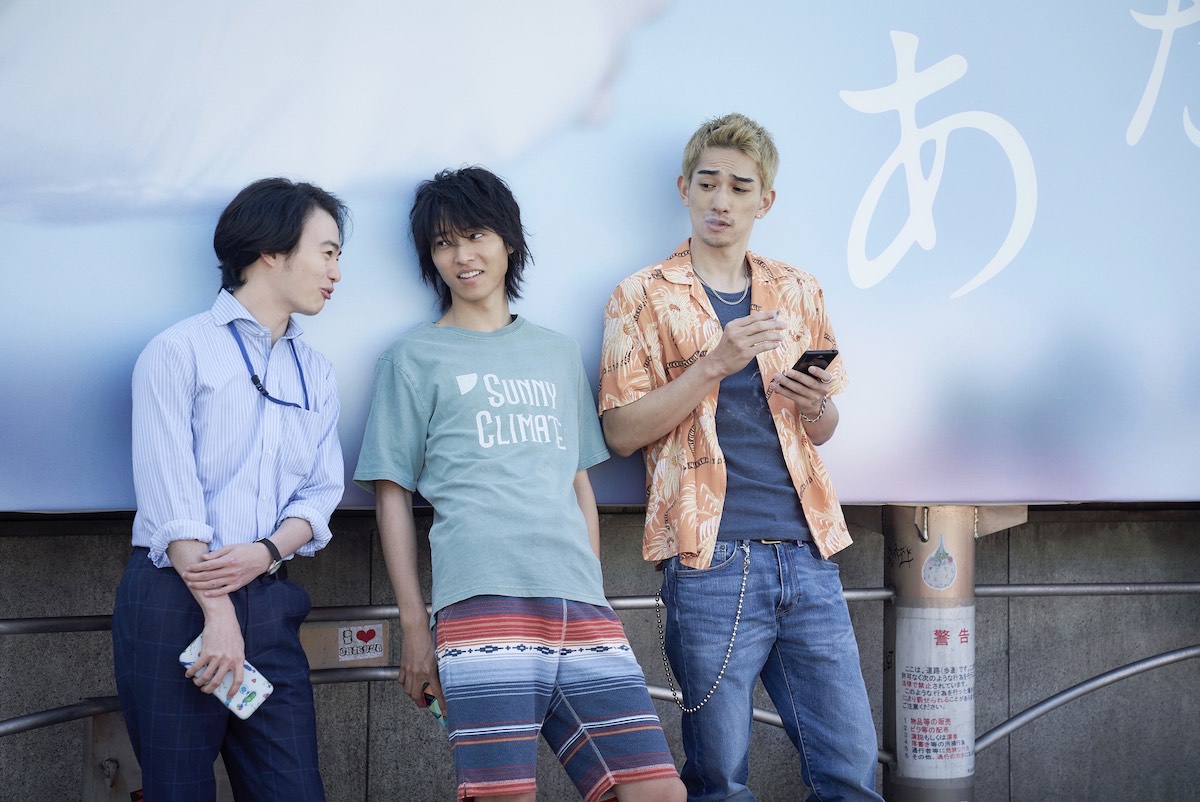
Yuki Morinaga, Kento Yamazaki, Keita Machida (from left). © Haro Aso,Shogakukan / ROBOT
A celebration of life
Despite a somewhat nihilistic point of view, compounded with the many gruesome deaths, the crux of Alice in Borderland is truly a celebration of life. Perhaps it is only when we are at the height of a traumatic event, on the brink of death or contemplating a deep sense of loss, that we are able to savor what we have. It can be hard to stay positive, especially at this time of writing, where the number of Covid-19 cases in Japan surge by the day. To appreciate having my health, the privilege of a roof over my head and to have seen as many sunrises and sunsets that make up my age, are just some of the small joys I found in 2020. Binge-watching the n-th Netflix series as we are coping with the second state of emergency within a year may not be what we deserve, but it could be what we need to reframe our situation with a sense of gratitude.

